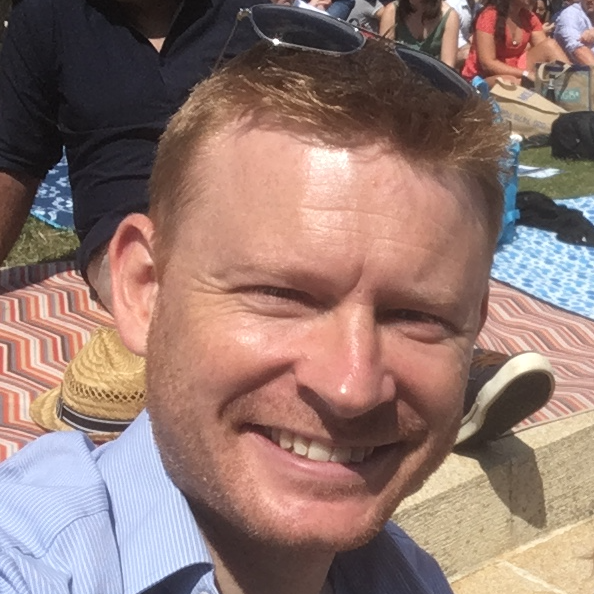One of the best ways of managing your time and your tasks is David Allen’s Getting Things Done (GTD) system. I’ve been a GTD adherent for the last four years. I’ve deviated a little from some of the practices in that time but never the principles (regular review, only care about stuff you can work on now, get it all out of your head).
However, one of the hardest things I’ve found to master is the concept of different levels of thinking to help you prioritise what to do next.
In GTD, to decide which tasks are more important than others, first you look at the context you are in and only consider tasks within that context. For example, it’s hard to blog when you’re in the supermarket, but it’s a handy time to remember you need to buy toothpaste. Then, you look at the time you have available (this isn’t worth starting as I don’t have time to finish it) and energy available (might not be a good idea to draft a difficult and taxing work proposal just before bed).
If you still can’t decide, then it gets interesting. GTD invites you to take a step back: moving from “ground” to “10,000ft”. Which project that these tasks are for will have the short-term effect I’m most interested in? Then step up another level, and another: which project advances my goals for the year? Which is the more important area I should be progressing now at this stage of my life? What meshes with my whole-life purpose?
These are deep questions, and I used to struggle to apply them to everyday task prioritisation. It seemed hard to remember where in my life purpose some of my more mundane tasks fitted, partly because I was thinking about deeper things much less frequently. So I left the “take a step back” method alone, going with what just felt right instead (which isn’t a bad way to prioritise to be honest).
However, through the power of 750words.com, I’ve finally managed to nail this part of GTD.
Morning Pages
There are many ways to clear your head and get yourself to focus. One is to write down everything you’re thinking about in an attempt to organise your thoughts. Some people call this Morning Pages: write three pages a day first thing in the morning, about anything and everything.
Morning pages is a great idea, but sometimes it’s difficult to motivate yourself to get on with private writing. Three pages seems a tall order to write every morning. That was, until I discovered 750words.com. This handy little site ensures that you not only do it, but that you do it every day. Using a full-featured incentive system of points, badges and challenges, you really don’t want to disappoint yourself by missing a day. The site gets you writing, and throws in some nifty writing statistics at the end of the process for some fun analysis of your state of mind. Heck, it even measures your typing speed, which comes in handy for Learn to Type Week!
I thought I’d give it a go a few weeks ago, as I had a fair amount on my mind at the time. What I didn’t realise was the effect it would have on my productivity. My mind was immediately clearer, and I was decisive and more focused. Blogging became easier again: once you’ve written 750 words of effectively brain-dump ‘whatever-you-want’ writing in the morning you are ready to keep on going with something more structured.
Because I use the time for fairly intense personal reflection, this practice unlocked the GTD prioritisation method. I’ve found that I’m moving up and down the GTD “ground”, “10,000ft”, “40,000ft” levels much more effectively. I often know just how a particular task fits into my life goal, as I’ve just written about that this morning. I’m naturally keeping the big picture in mind every day.
The word-crunching statistics that are produced over time are very telling. I’ve noticed an interesting effect now I’ve been doing it for the last three weeks: at first I found it hard to stop and all my writing was concerned with the present. Now it’s harder to think of what to write, but my thoughts are more valuable and much more reflective and deeper. I’m now using it to consider hard life decisions and priorities.
I’d very much recommend you try morning pages, especially if you struggle to focus, get carried away by random disparate thoughts or find it difficult to concentrate. I’m getting a lot out of it.
Check out my indie game Sol Trader, an epic space action adventure. Be part of a living society you can befriend, understand and manipulate to your own ends.
Follow
